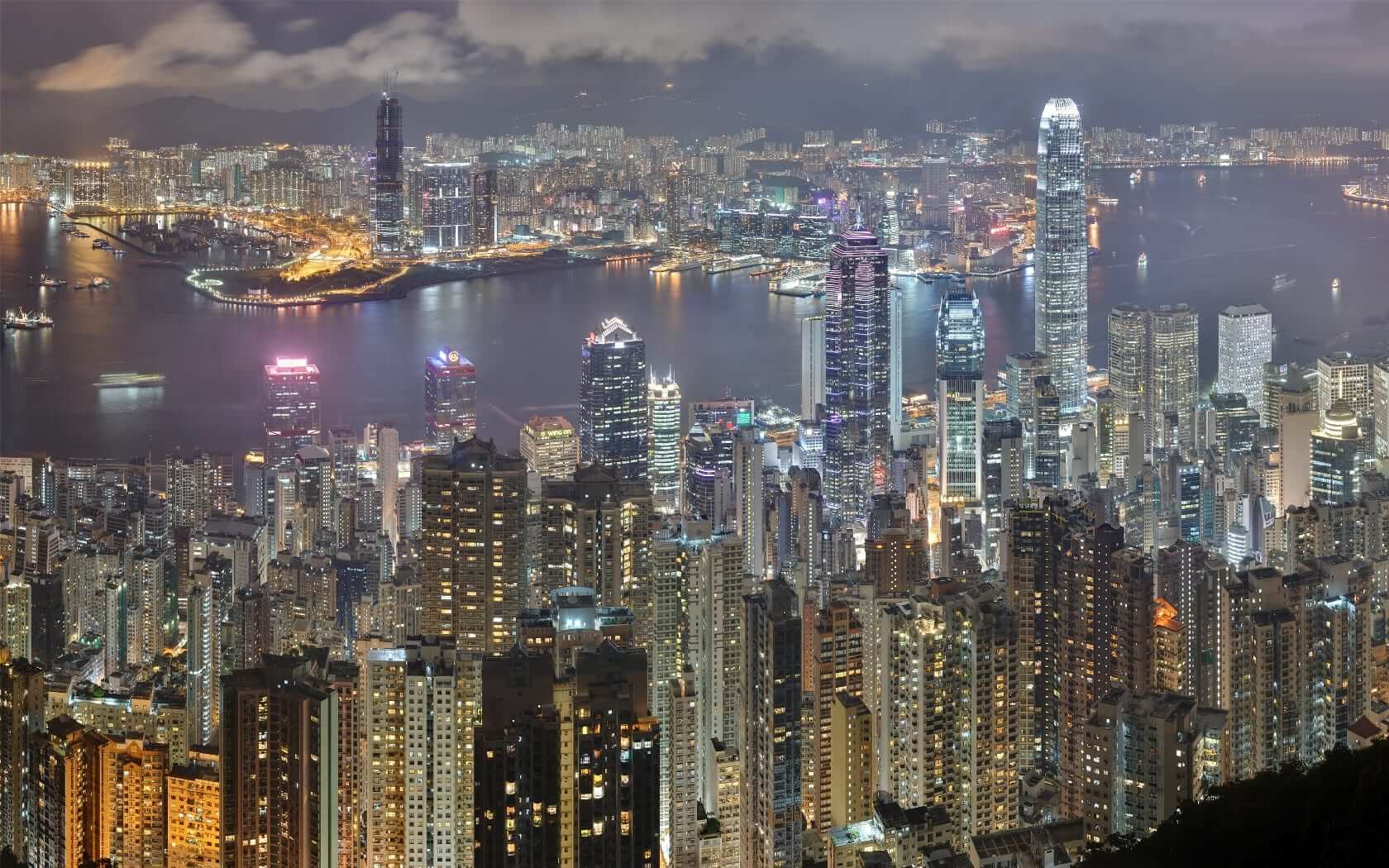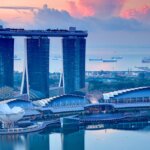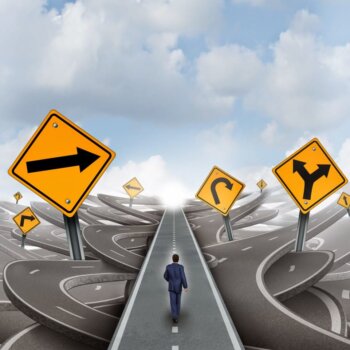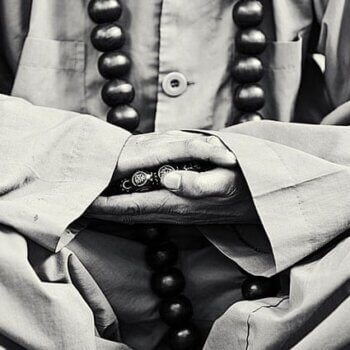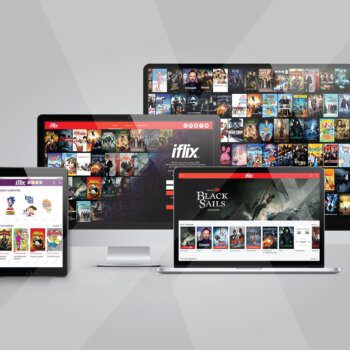The relationship between Singapore and Hong Kong is one of rivalry. In the economic sense, I mean. We vie to be Asia’s financial hub, compete to be a haven for investors and rich migrants among others. But one realm in which Singapore never aspired to beat its rival is that of civil liberties – freedom of speech, protest rights and others. Singapore ranked 135th in the 2011 press freedom index, way behind Hong Kong which is in 54th place. Till this day, there is only one designated spot for public speeches and gathering in Singapore. The vibrant media, freedom of speech and protest cultures Hongkongers enjoy have always filled me with envy.
But recent developments in Hong Kong have been rather disturbing, and all-too-familiar to what we experience here in Singapore. In a tumultuous year, Hongkongers have vociferously challenged government policies that led to the influx of Mainlanders; some Hong Kong media have shamelessly doctored the content of a an opinion piece, obsequiously glorified the Beijing-anointed Chief Executive elect and engaged in self-censorship; several high-level officials were mired in corruption and other scandals, including extramarital affairs and illegal home construction.
As Hong Kong approaches its 15th year under Chinese rule, the future of the city seems so gloomy that my Chinese friend keen on settling in Singapore remarked that the overall situation in Hong Kong would continue to deteriorate, while Singapore would only get better. Hong Kong’s Chief Executive elect CY Leung, who takes office from Donald Tsang on 1 July, has also been singing praises of Singapore, if for dubious reasons (scaremongering, apparently). Some newspapers echoed his views, citing “experts” who apparently do not know much about Singapore. On the other hand, some Singaporeans also believe that Hong Kong has an edge over Singapore in governance. It seems timely to do a comparison to clear the air.
Scorecards: A Look at Global Rankings
To start off, South China Morning Post (SCMP) has already published a pointed rebuttal to CY Leung’s claim that Singapore outshines Hong Kong because of a larger GDP. In it, the author has argued cogently why GDP figures are a measure of the appearance of wealth more than actual wealth. So yes, Singapore has glitzier GDP figures than Hong Kong, but it doesn’t mean Singapore is necessarily “better off”.
In fact, scouring the Internet for global surveys and rankings, we find that the two cities are very much on par with each other in terms of their economic and financial performance. Here’s a self-explanatory overview:
However, when it comes to the cost of living, Singapore outdoes Hong Kong by far. In 2001, Singapore was ranked 97th in the EIU Worldwide Cost of Living; it leaped to the top ten spots in a decade. In contrast, Hong Kong fell from 3rd place in 2001 to 22nd over the same period. Wage levels are almost the same in the two cities, but Hong Kong’s DPP is higher.
Ranked 13th among countries/regions with the most unequal distribution of family income, Hong Kong’s rich-poor gap is larger than Singapore’s. It was reported recently that Hong Kong’s gini coefficient rose from 0.525 in 2001 to 0.537 in 2011; in comparison, Singapore’s gini coefficient grew from 0.456 to 0.482 over the same period. After taxes and social benefits are taken into account, however, Hong Kong’s gini coefficient would have remained at the 2006 level of 0.475. The city is far more generous in meting out social benefits than “stingy nanny” Singapore. And oh, unlike Hong Kong, Singapore has not implemented minimum wages.
In the sphere of civil liberties and press freedom, Singapore is a laggard but the government has no qualms about it. Though both cities are classified as “partly free” by Freedom House, Hong Kong’s civil liberties is rated 2 whereas Singapore is rated 4 (1 representing the most free and 7 the least free). Hong Kong also fares better in the Human Development Index. Nonetheless, by various measures of happiness, Singaporeans appear to be a happier lot than Hongkongers (how would you, the reader, explain this?).
What’s the Verdict?
So there you go. It’s a tight race between Hong Kong and Singapore in the economic and financial domains. Simply saying Singapore is a cut above because it has a higher GDP is cherry-picking. Hong Kong’s rich-poor gap is mitigated by taxes and social transfers, after which its gini coefficient is close to that of Singapore. Hongkongers also have higher purchasing power, and living in Hong Kong today is more affordable than in Singapore. Even if rent is included, Singapore is still more expensive than Hong Kong. In civil liberties and press freedom, Singapore has pretty much nothing to boast about. But all in all, Singaporeans are a happier people.
What are the prospects of democratization for the two cities?
Both cities are not “electoral democracies” by Freedom House’s definition. PAP domination in the political process is one reason why Singapore is not an electoral democracy; Hong Kong’s political chief is elected by a small electorate while only about half the seats in its legislature are directly elected.
Hong Kong’s outlook for democratization is grim because of one word – China. Beijing is clearly foisting on Hong Kong the so-called China model of political repression cum economic liberalization. Come 2017, 3.4 million Hongkongers may finally get to elect their chief. But there is no knowing if Beijing may alter the rules of the game or pull strings behind the scene to ensure only approved candidates may stand for election before Hongkongers vote. Because China is unlikely to loosen its grip over civil liberties in both the Mainland and Hong Kong, Hongkongers have to continue to defend their rights and freedoms, an uphill task against the colossal state machinery of mainland China.
Although Hong Kong has dozens of newspapers, there are signs that even reputable newspapers like Mingpao have compromised on journalistic integrity. SCMP is the latest casualty. Given that Hong Kong’s press freedom plunged 20 places in one year, there is major cause for concern. What will become of Hong Kong’s civil liberties in the next five years under Leung, allegedly an underground Communist Party member, who had shown scant tolerance for criticism and dissent?
Disenfranchised Hongkongers influence government policy by taking to the streets and voicing out their unhappiness. Notably, half a million people went on the streets in 2003 to stop the legislation of the controversial Article 23, and subsequently forced unpopular chief Tung Chee-hwa to step-down before his term ended. In Singapore, where there is no autonomous space for political participation, our only saving grace is the once-in-five-years General Election (GE). Since the last GE, there have been signs that the government is slightly more responsive, but at the same time, very little has changed in its style of governance.
Press freedom in Singapore shows no sign of expanding soon while the internet continues to empower the younger generation. PAP domination in the political process may recede, albeit gradually, as more opposition members are voted into parliament. But a viable alternative government is yet to evolve. That Singaporeans are happy with their lot may not be a good thing too. That may signify that most are content with the status quo and are less likely to vote for change. In contrast, Hongkongers may be less happy because they have always been politically shrewder or savvier and have a sense of crisis unlike more complacent Singaporeans. This distinction in character between the two peoples is crucial because ultimately, it is the people who make all the difference.
On the 15th anniversary of Hong Kong’s return to China, I salute the indomitable spirit of Hongkongers in upholding their rights and freedom against the odds. Singaporeans have much to learn from them.
This article was written by Singapore Armchair Critic, it originally appeared on this blog.